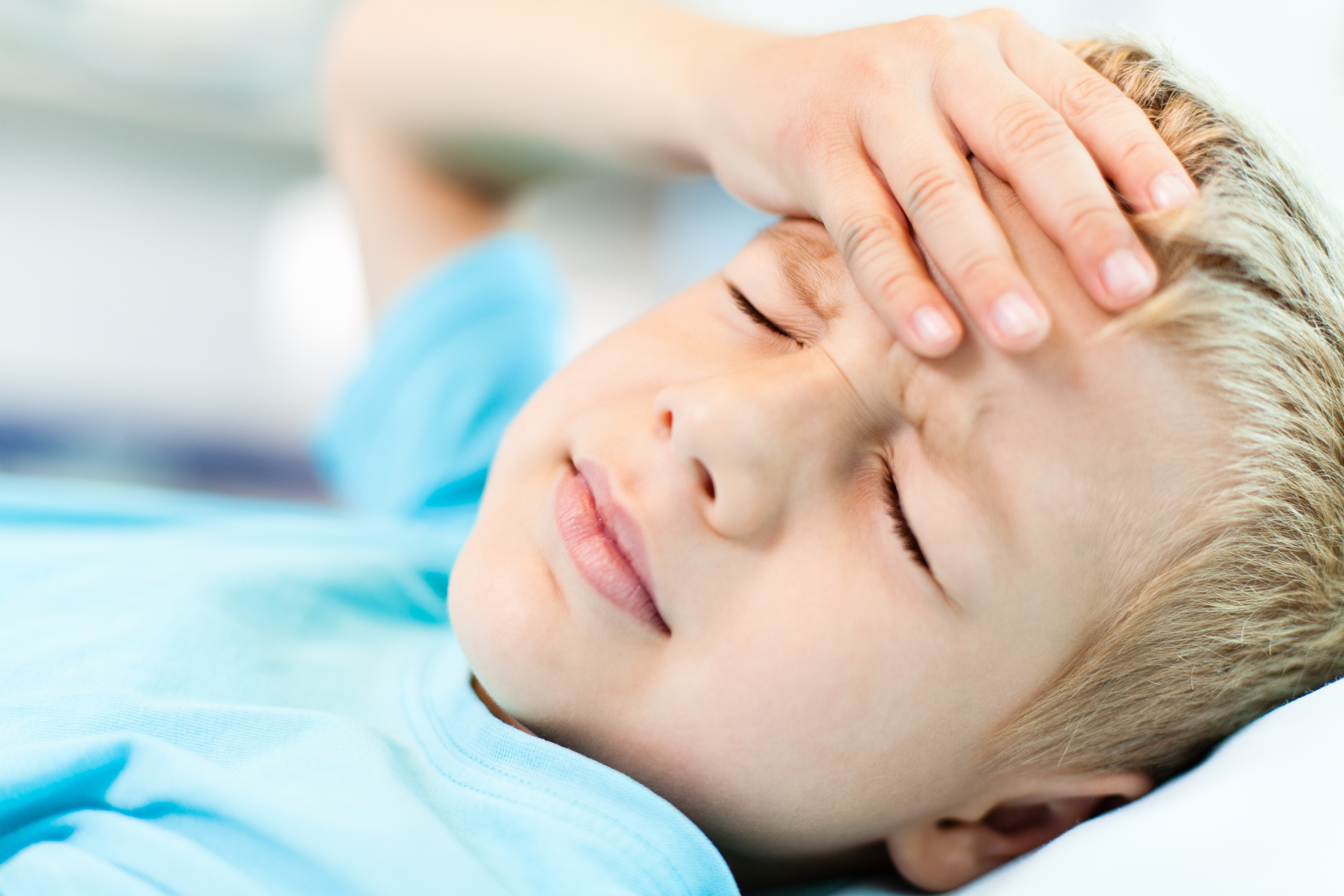-
Kids will be kids -- and that means they will bump their heads from time-to-time, whether it’s playing sport or in the playground.
It can be a stressful and anxious time if your child has hit their head. You may not know what’s normal and what warrants a trip to the doctors, or the emergency room.
To help parents, schools and sports coaches, leading researchers from the Murdoch Children’s Research Institute have developed the HeadCheck app. Here, they explain some of the symptoms to look out for, and how the app can help.
How do you know if your child has a concussion?
The signs of concussion are different for every child. Some common signs and symptoms include:
- Black outs or loss of consciousness
- Seizures or convulsions
- Reduced responsiveness
- Severe or increasing headache or neck pain
- Vomiting or feeling nauseous
- Becoming increasingly confused or irritable
- Weakness or a tingling/burning sensation in the arms or legs
- Unusual changes in behaviour, for example, easily distracted, confused or trouble remembering what they’ve been told
- Dizziness, loss of balance or feeling like the room is spinning
- Faint, blurred or double vision.
How do you know if your child needs to go to emergency or not?
We used to think of concussion in terms of being mild, moderate or severe, but we now know that concussion acts differently for every child. In fact, it’s only in retrospect that we can confidently say how serious a concussion was – and then it might be too late for proper treatment.
If your child has had a knock to the head, the HeadCheck app will walk you through a series of simple questions to check for the major signs that your child might be concussed.
Once you have answered the questions, it will tell you what to do next, whether it’s keep an eye on your child or take them straight to hospital.
When can a child return to school and sport after a concussion?
Because every child’s head injury is different, the answer to that question will be different for every child and for every head injury. Your doctor will be in the best position to give you the advice that’s right for you.
How can the HeadCheck app help?
At the moment, parents report feeling a lot of anxiety and uncertainty when they’re managing their child’s recovery from concussion. With HeadCheck, parents:
- Get a transfer in the app of all the details of the incident from the coach, teacher or other supervising adult
- Receive a daily symptoms check to keep across any changes
- Get daily tasks to help manage recovery
- Receive alerts and education matched to your child’s recovery progress.
Recognising concussion in kids

-
What causes bad breath?
Find out how to keep your mouth smelling fresh
-
Signs to look out for when a cold is getting more serious
When you should see a doctor for a cold.
-
The health checks to keep in mind at different stages in your life
Have you had these health checks?
-
Bowel cancer: risks, symptoms, diagnosis and treatment
Learn more about bowel cancer
-
Flu myths debunked
Is 'man flu' real? Can you catch the flu from the flu vaccine? We separate flu facts from flu fictions.
-
Where to get health support in Australia
An Overseas Student Health Cover member’s guide to key health services and when to use them.
Subscribe to receive the best from Live Better every week. Healthy recipes, exercise tips and activities, offers and promotions – everything to help you eat, move and feel better.
By clicking sign up I understand and agree to Medibank's privacy policy





